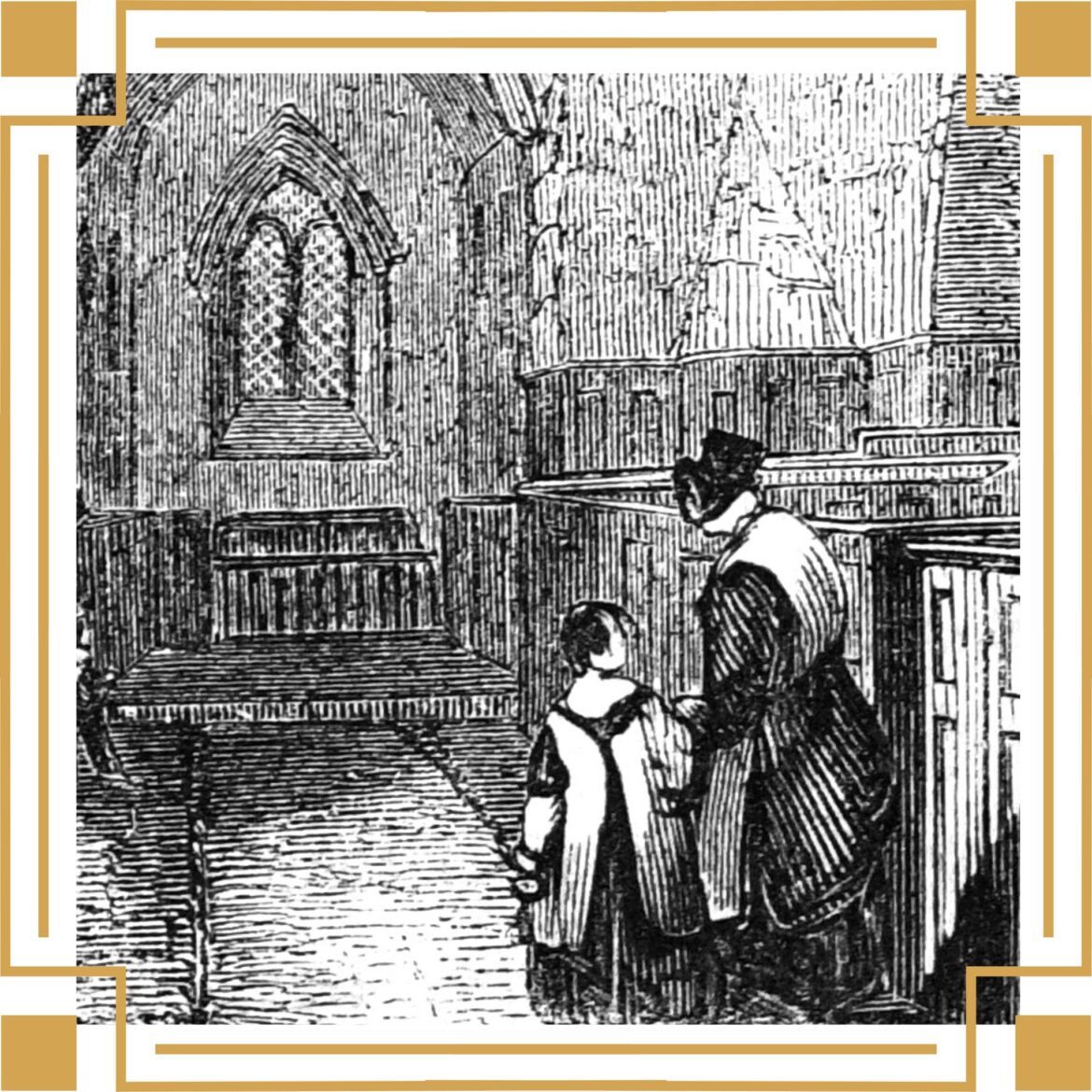The Anglican Church, with its rich tapestry of history, theological nuance, and liturgical diversity, finds its genesis in the tumultuous landscape of the Reformation. Many often ponder the identity of its founder, a question that, while seemingly straightforward, opens a veritable Pandora’s box of historical complexity. The emergence of Anglicanism was not an isolated event, but rather a culmination of political, theological, and cultural transformations that deeply influenced the course of Christianity in England and beyond.
To venture into the origins of the Anglican Church, one must first delve into the milieu of the early 16th century. This was a period marked by profound existentialist inquiries and a burgeoning discontent with ecclesiastical authority. At the heart of this unrest was the Catholic Church, which many reformers perceived as having strayed from the apostolic roots of the faith. In this context, the figure of King Henry VIII emerges prominently, representing an unlikely architect of what would evolve into the Anglican tradition.
Initially, Henry’s intentions were decidedly not to establish a new church. Rather, his desire was primarily to annul his marriage to Catherine of Aragon, a union that had not yielded the male heir he desperately sought. However, the Pope’s refusal to grant this annulment set into motion a series of events that would irrevocably alter the religious landscape of England. Frustrated by papal obstinacy, Henry took drastic measures, culminating in the Act of Supremacy in 1534, which proclaimed him the Supreme Head of the Church of England.
Yet, to attribute the founding of Anglicanism solely to Henry VIII would reflect a reductionist view of its inception. While political motivations were indeed paramount, the subsequent theological developments laid the groundwork for a distinct Anglican identity. Key figures like Thomas Cranmer, the Archbishop of Canterbury, played an instrumental role in shaping the church’s doctrinal framework. Cranmer’s influence is particularly notable in the formulation of the Book of Common Prayer, a liturgical text that remains central to Anglican worship to this day.
As Anglicanism gradually took shape, it absorbed the theological currents of continental Europe, particularly the ideas propagated by Martin Luther and John Calvin. This interplay kindled a unique synthesis that distinguished Anglicanism from its Protestant contemporaries. The Thirty-Nine Articles, drafted in the Elizabethan era, codified a position that embraced both Catholic and Reformed traditions, articulating a via media—a middle way—between Roman Catholicism and Protestant radicalism. This theological posture reflects a profound historical observation: Anglicanism evolved not merely as a reaction against Catholicism but as an adaptive response to the broader Reformation ethos.
Moving into the modern era, the Anglican Church navigated the turbulent waters of religious pluralism and societal change. The rise of Enlightenment thought, for instance, brought both challenge and opportunity. Enlightenment rationality demanded that faith be examined critically, prompting Anglicans to engage with modernity rather than retreat into anachronism. This dialectic led to the emergence of movements such as the Oxford Movement in the 19th century, which sought to recover the church’s sacramental and liturgical heritage, reigniting an appreciation for the mysteries inherent in Anglicanism.
Today, the Anglican Church exists as a global communion, encompassing diverse cultures and theological perspectives. The fascination surrounding Anglicanism stems not only from its historical roots but also from its contemporary relevance. The church’s commitment to inclusivity and social justice resonates in an increasingly polarized world, allowing it to attract a diverse array of adherents.
Furthermore, the inherent flexibility within Anglicanism permits a broad spectrum of liturgical practices, theological interpretations, and ethical understandings. This pluriformity can be both a strength and a challenge; while it fosters vibrant dialogues, it can also lead to divisions and disputes within the communion. The ongoing debates surrounding issues of ordination, marriage, and moral theology underscore a dynamic tradition continually wrestling with its identity.
The Anglican Church’s ability to adapt while remaining anchored in its historical narratives provides a robust foundation for fostering meaningful faith experiences. The church navigates its nuances with an awareness of the complexities of the human condition, recognizing that individuals seek connection to the divine in myriad forms. This recognition is an integral aspect of its mission.
In conclusion, the query into the founder of the Anglican Church transcends a mere historical investigation. It is an exploration of how a faith tradition contends with its multifaceted ancestry while striving to articulate a coherent and vibrant expression of Christianity in the modern world. The interplay of politics, theology, and culture that birthed Anglicanism continues to shape its evolution, imbuing it with a longstanding legacy that captures the imagination. This ongoing narrative—a tapestry woven through centuries—invites both reflection and participation, charged with the promise of enduring relevance in an ever-changing landscape of faith.



